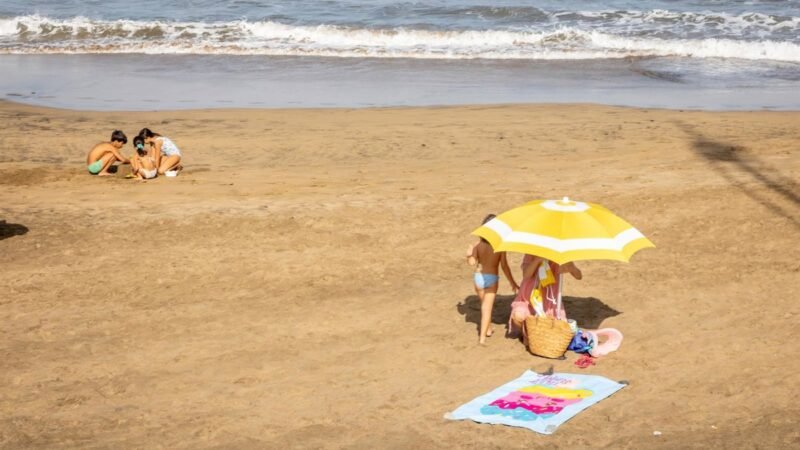Inauguradas las I Jornadas sobre Salud Mental en Lanzarote

The Director of Mental Health and Addictions of the Canarian Health Service (SCS), Fernando Gómez-Pamo; the Director of the School of Health and Social Services of the Canary Islands (ESSSCAN), José Montelongo; and the Minister of Social Welfare and Inclusion of the Cabildo de Lanzarote, Marci Acuña, inaugurated on Wednesday the I Conference on the Promotion of Mental Health, Resilience, and Prevention of Suicidal Behavior, held at the Auditorium of the island’s Cabildo.
Organized by ESSSCAN, in collaboration with the Cabildo de Lanzarote, these conferences brought together more than 250 professionals in the socio-health, educational, and sports fields to analyze strategies for preventing suicide and promoting emotional well-being for the entire population.
Fernando Gómez-Pamo stated during his speech that «suicide is considered a significant public health problem, which when it occurs represents the loss of a life, leaving a deep mark on families, their environment, and society as a whole.»
In this sense, he explained that the Canarian Health Service works to ensure that the approach to mental health is comprehensive, close, and based on prevention. «Conferences like this are essential to continue training those on the front lines, providing them with tools and knowledge that allow them to act with sensitivity, rigor, and effectiveness in risky situations,» he emphasized.
On his part, the Director of ESSSCAN, José Montelongo, thanked the collaboration of the Cabildo de Lanzarote and stated that «these conferences are born with the vocation of becoming a space for meeting and reflection among professionals from different fields who, in their daily work, can detect situations of emotional vulnerability. From the School of Health and Social Services of the Canary Islands, we understand that mental health education is a priority, and that is why we support initiatives like this, which strengthen the system’s response capacity and contribute to the protection of the emotional well-being of the population.»
In addition, Minister Marci Acuña detailed how statistical data show the threat to the mental health surrounding the children and youth population of the Canary Islands. «We must contribute to dispelling myths, such as avoiding talking about suicide,» he commented before adding: «Even though it is not a direct competence of the Cabildo, we are taking a step forward in the field of community health, framing this conference in the work strategy aimed at teenagers, many of whom we already provide psychological counseling to in 23 educational centers on the island.»
During the meeting, the Suicide Prevention Program in the Canary Islands was presented, led by the Psychiatry specialist, Francisco Javier Acosta, who addressed the main lines of action developed by the General Directorate of Mental Health and Addictions. Manuel Ajoy, coordinator of the Children and Youth Mental Health Unit in Fuerteventura, focused his intervention on preventing suicidal behavior in minors and teenagers, while the educational psychologist, Calixto Herrera, offered keys for educational intervention from an inclusive and emotional support approach.

The professor at the University of La Laguna (ULL) and coordinator of the EMOCREA-ULL research group, Antonio Rodríguez, delved into mental health from the perspective of emocreativity, an educational and therapeutic tool based on competent emotional management. On the other hand, the sports psychologist, José Daniel Noda, analyzed the role of sports as a protective or risky factor in the field of mental health and suicidal behavior. Finally, the professor at the University of La Laguna (ULL) and coordinator of the EMOCREA-ULL research group, Eduardo Vera, addressed the emotional and clinical impact of suicide attempts from a care experience.
The conference concludes with a working group where conclusions and proposals aimed at reinforcing coordination between institutions and services involved will be shared, as well as the need to continue promoting training and awareness spaces for professionals and the population.



